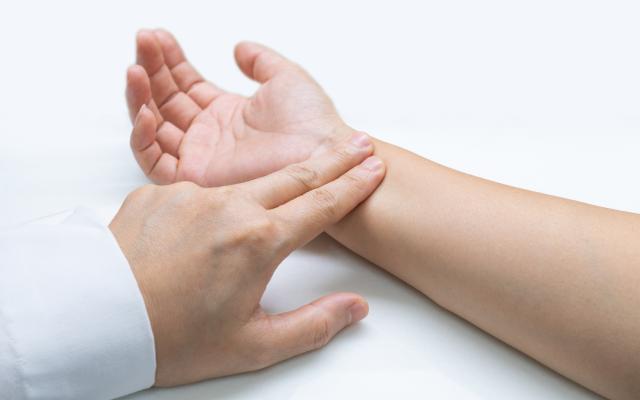Nederland kent een ‘one size fits all’-strategie voor het bevolkingsonderzoek naar borstkanker: alle vrouwen van 50-75 jaar worden iedere 2 jaar uitgenodigd voor een mammogram. Alleen voor vrouwen met BRCA1- of BRCA2-mutaties is aangetoond dat MRI als aanvulling op mammografie de sensitiviteit van het borstonderzoek sterk verhoogt. De richtlijn voor deze vrouwen is dan ook om jaarlijks te screenen met MRI.1 De ACRIN-6666-trial van het American College of Radiology Imaging Network richt zich op vrouwen met hoge borstweefseldensiteit in combinatie met tenminste 1 andere borstkankerrisicofactor.2 Deze groep bevindt zich wat betreft de hoogte van het risico op borstkanker net onder de groep met BRCA-mutaties. Er werd gekozen voor vrouwen met hoge densiteit (veel klier- en bindweefsel in de borst) omdat deze een 3-6 keer grotere kans op borstkanker hebben dan vrouwen met lage borstdensiteit.3 Een bijkomend nadeel van hoge borstweefseldensiteit is bovendien dat een…
Borstkankerscreening op maat met echo en MRI?

Ned Tijdschr Geneeskd. 2012;156:A5313




Reacties